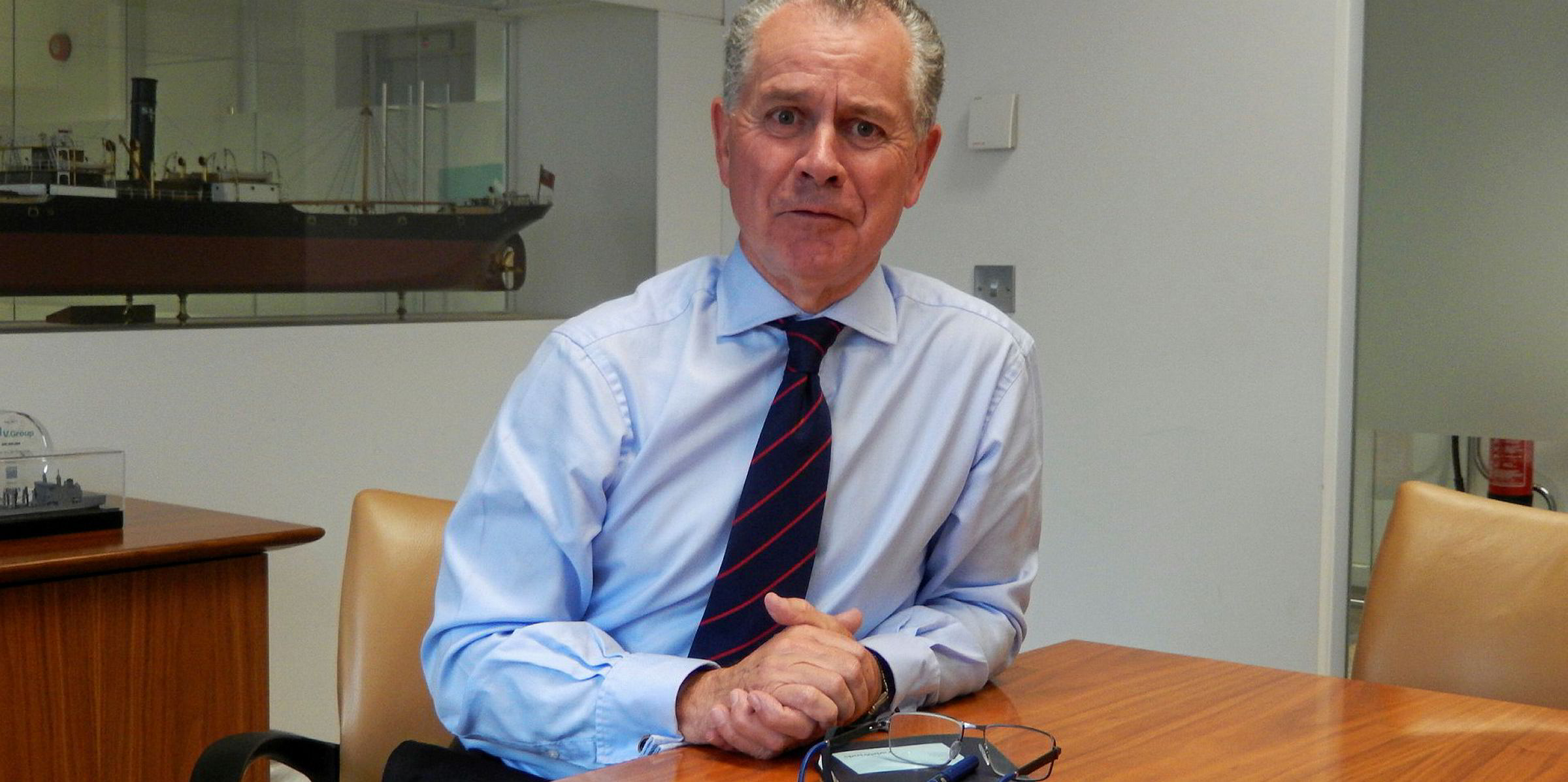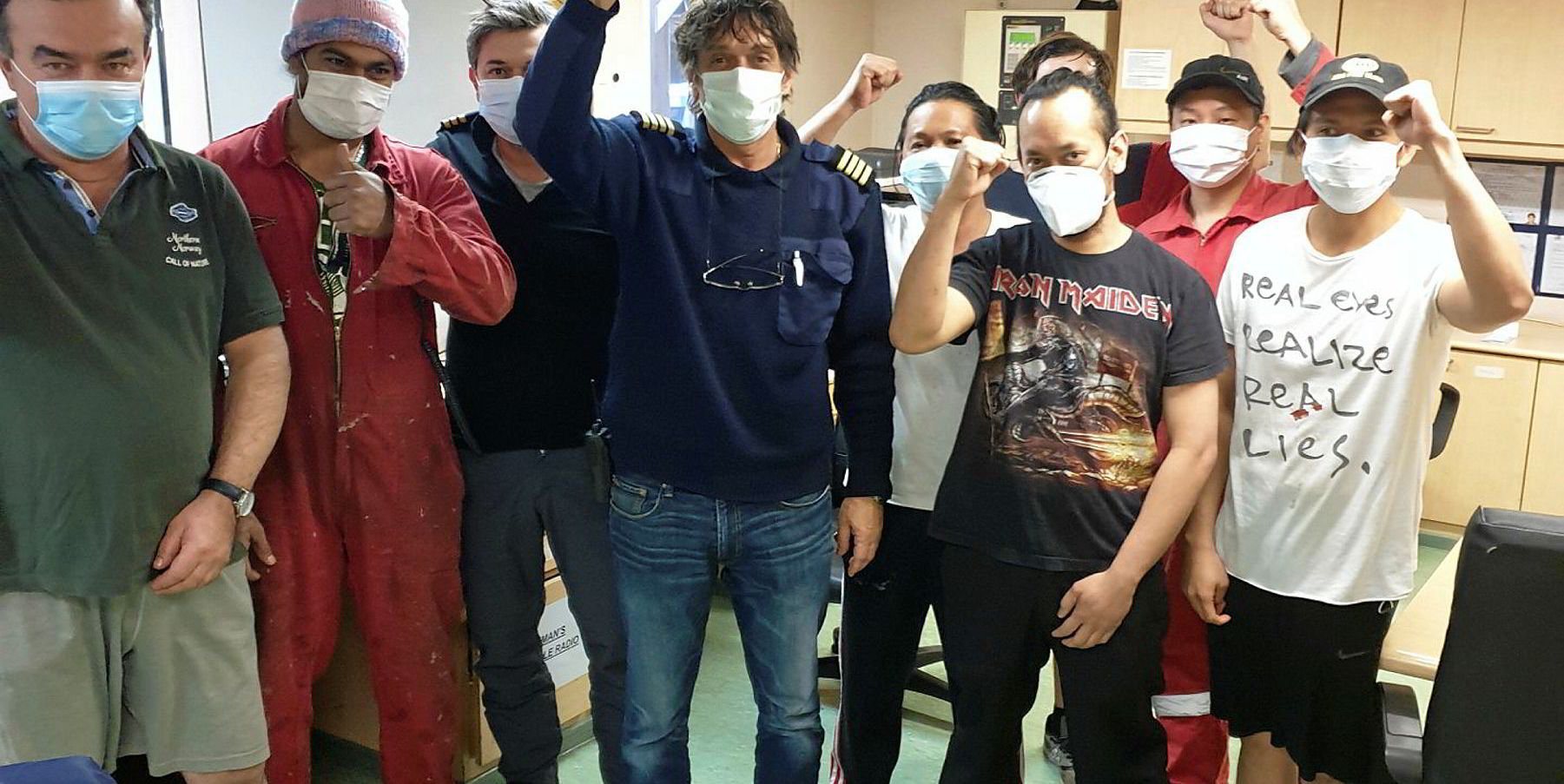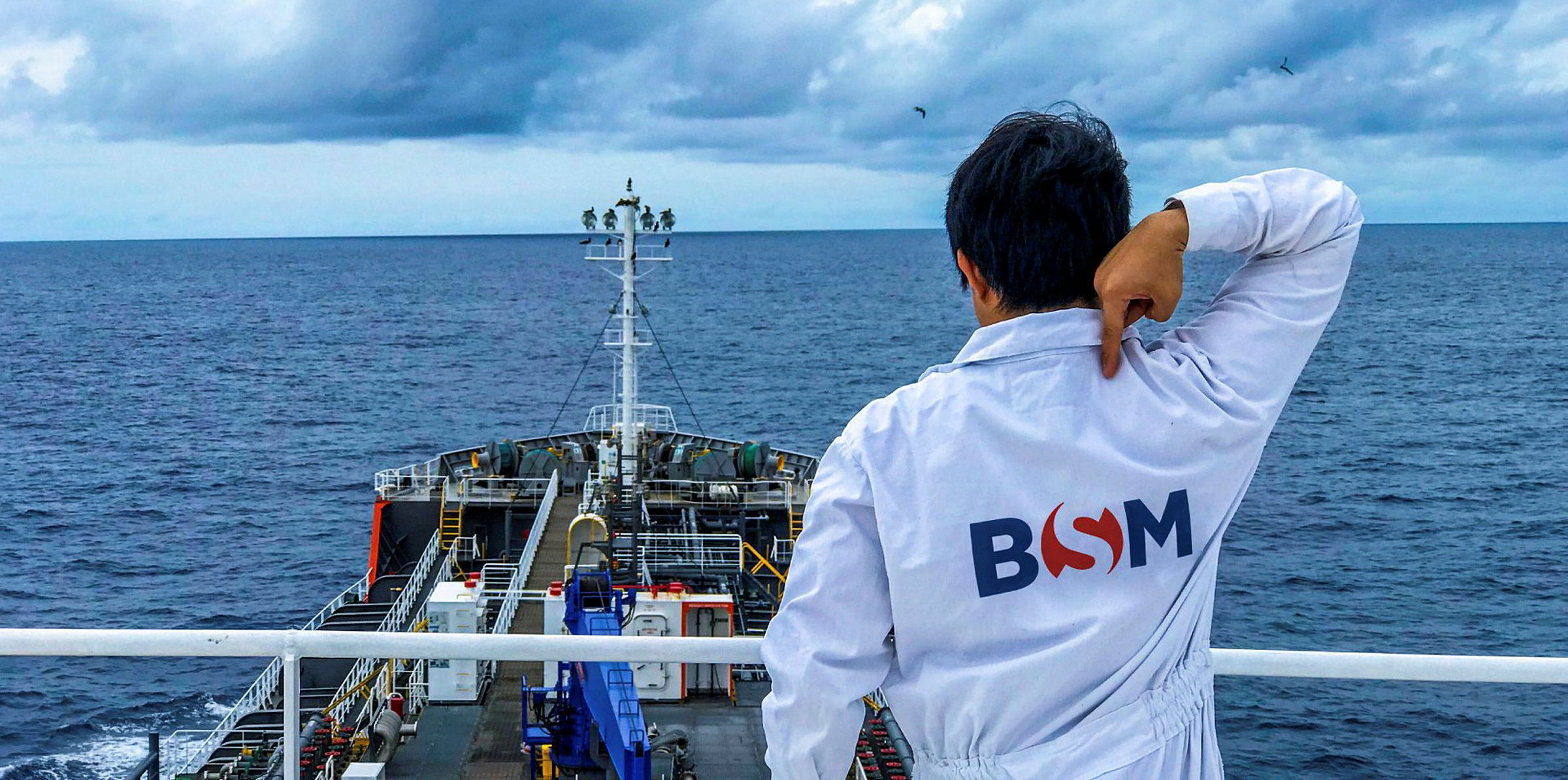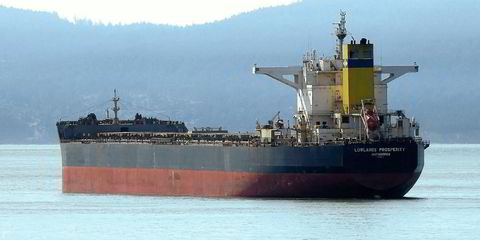Food and drink manufacturers have joined the drive to recognise seafarers as key workers and allow easier crew changes amid a warning that food supplies to the UK are at risk.
Food and Drink Federation (FDF) chief executive Ian Wright said that it seems illogical to acknowledge only lorry drivers as key workers since the beginning of the coronavirus.
“Yet seafarers – playing the same role at sea – are not afforded the same status,” he said.
Wright said imports that rely on transportation by sea could soon be affected if governments around the world do not take action to ease the burden on seafarers.
Among items at risk he listed tea, coffee, sugar, bananas, spices, certain spirits, and wines from the New World.
More than 50% of food consumed in the UK is imported with fruit, meat, fish, grains and milk products all transported by sea said the FDF which is the voice of the UK food and drink industry, the largest manufacturing sector in the country.
UK Chamber of Shipping vice president Graham Westgarth, who is also chief executive of ship management company V.Group, said the maritime industry is increasingly exasperated by the refusal of some governments to act on international lobbying to recognise seafarers as key workers.
“The media was happy to cover the plight of holiday makers and crew stuck onboard cruise ships but has paid scant attention to the 300,000 seafarers currently marooned at sea, unable to disembark, and their 300,000 counterparts who are stranded ashore, unable to start their contracts and who are, therefore, without income,” Westgarth said.
Noting that many seafarers have not stepped off their vessels for well over a year, he added that the situation is “a ticking time bomb” with reports of crews downing tools in exasperation.
International Transport Workers’ Federation (ITF) general secretary Stephen Cotton agreed that global supply chains, including those for critical products like food and medicines, are at risk of disruption as seafarers increasingly exercise their right to stop working at the end of contracts.
“As we approach the six-month mark of this intolerable situation, seafarers will reach for drastic action to end their floating misery and get back to their families. More ships being stopped, more risk of accidents with tired and fatigued crew, more detentions and Maritime Labour Convention breaches means more disruption to critical supply chains,” said Cotton.
He also warned that what has until now been a humanitarian crisis for seafarers trapped at sea could also become one for consumers or patients ashore who rely on shipping supply lines.







